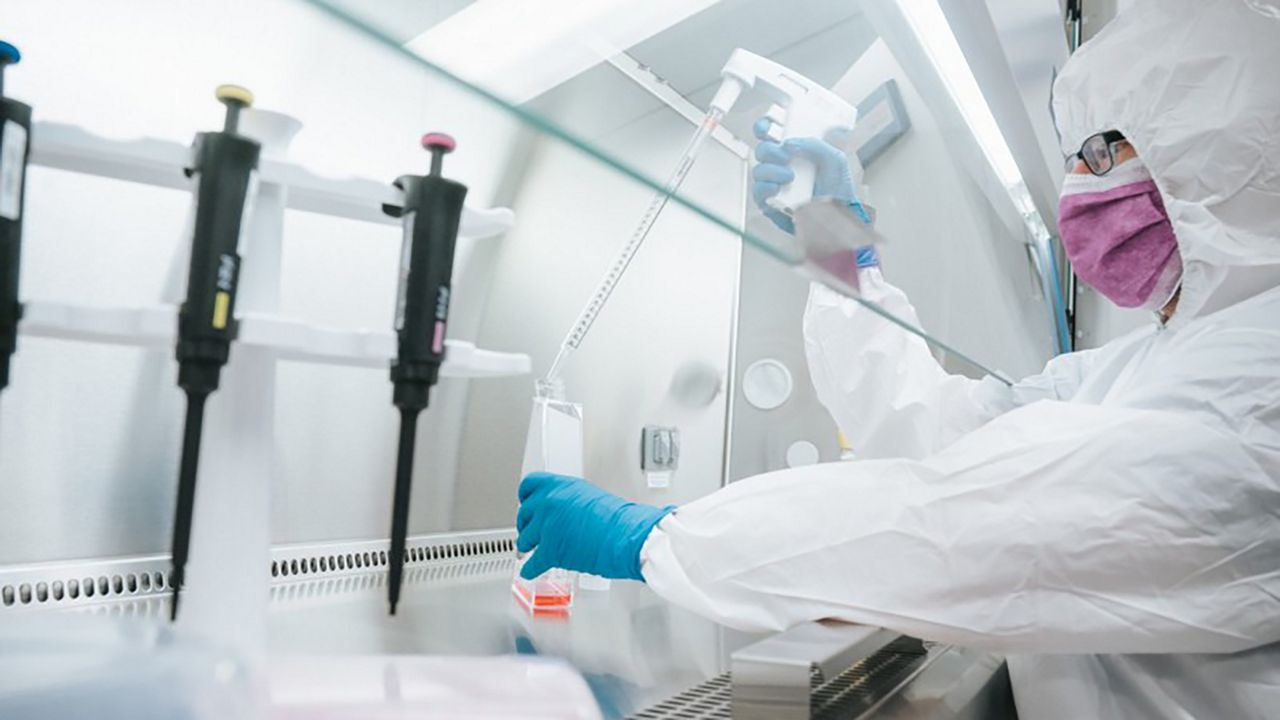CLEVELAND — MetroHealth announced it has completed its facility that will be used to develop cancer therapies, which will be derived from a patient's own immune cells to attack the cancer cells.
The cellular Good Manufacturing Practice facility opened Thursday. It will utilize cellular immunotherapies, including chimeric antigen receptor T-cell (CAR-T) and tumor-infiltrating lymphocytes (TIL) cancer therapies. Through these processes, researchers there will produce the cell-based therapy specifically for patients. However, it needs to be evaluated by the Food and Drug Administrator, which could take some time, according to MetroHealth.
"This new facility furthers that commitment by providing the next generation of cancer treatments to people in need, regardless of financial status,” said Dr. William Tse, division director of Hematology and Oncology at MetroHealth. “MetroHealth is different from most transplant hospitals in that we are able to develop and produce our cellular immunotherapies from A to Z in-house, speeding up delivery of innovative treatments, such as CAR-T therapy production, for both patient treatments and clinical trials. As a result, we are better able to address unmet patient needs and bring therapeutic innovations to our community and beyond.”
Research shows TIL is used for certain types of solid tumors, whereas CAR-T is used for some blood cancers.
According to MetroHealth, CAR-T therapy is a newer treatment, and modifies and trains a patient’s T-cells — which is a type of white blood cell — to better target specific cancer cells. The CAR-T cells are then put back into the patient in an effort to destroy those cells. MetroHealth said providing this process through its facility would address the lack of access to the therapy, which is usually only available to patients at large academic centers, according to the hospital system.
“It is crucial that we address social drivers of health for our community — the factors that matter beyond traditional medical care. Whether the need is to access transportation for follow-up appointments, healthy food or other support systems, MetroHealth is committed to changing the way patients receive care,” said Airica Steed, president and CEO of MetroHealth. “The launch of our vector and cellular facility will match these holistic support offerings with next-generation treatments and clinical trials, providing our community the access they need to enable the best possible outcomes.”
MetroHealth said by providing these treatments at a local level, it'll reduce wait times and increase quality control, as well as personalize the treatments to better help the patient.



